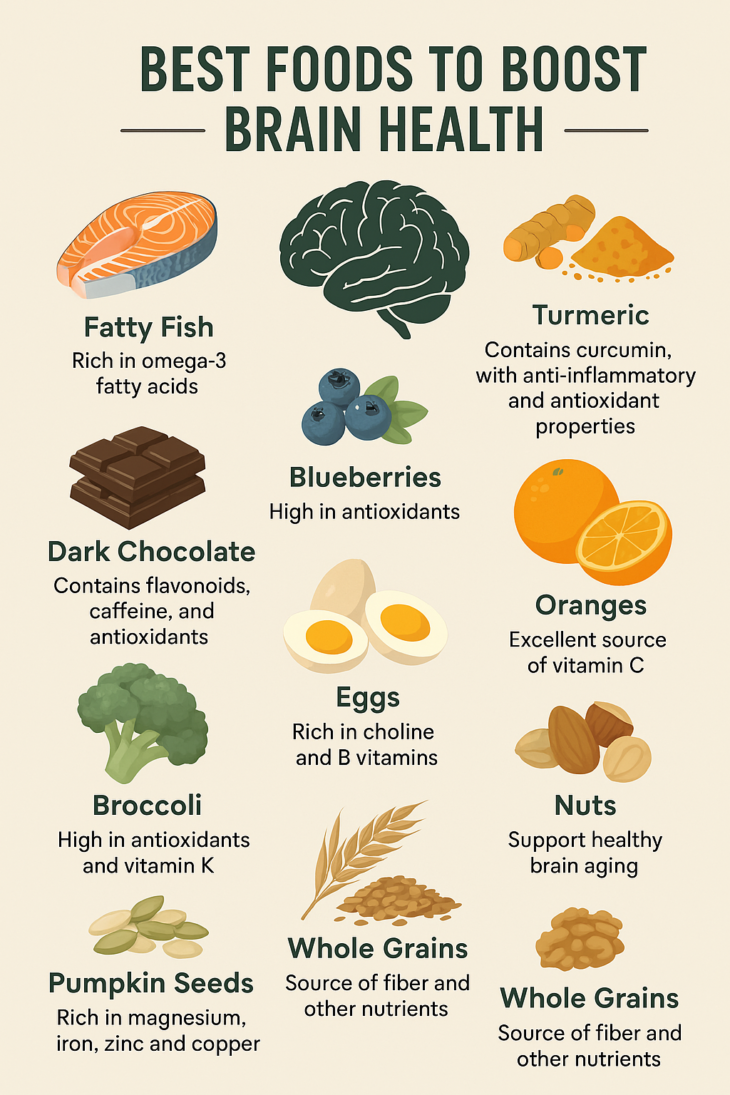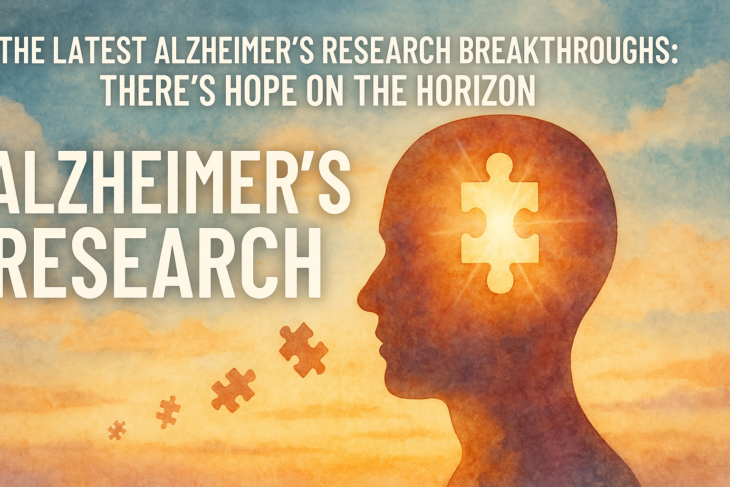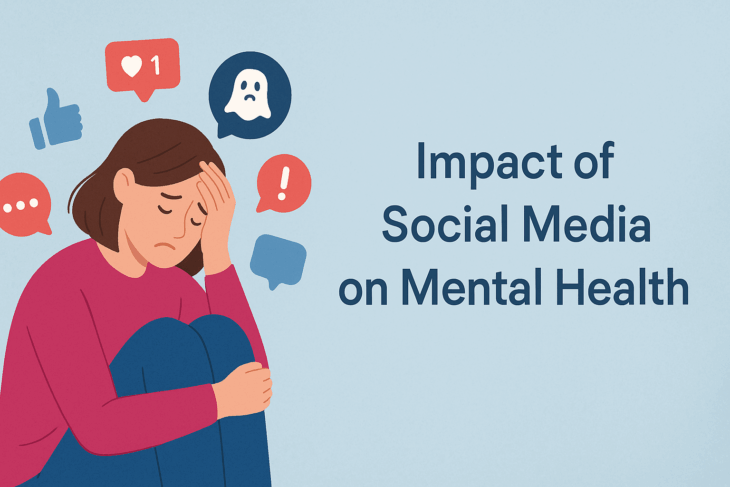The quest for quality sleep remains as essential as ever. With our increasingly digital lifestyles and hectic daily schedules, getting a good night’s rest can feel like a challenge. But understanding the science behind sleep and adopting some straightforward strategies can make all the difference.
Let’s explore how you can sleep better with a few simple yet effective hacks.
The Science of Sleep: Why It Matters
Sleep is more than just shutting your eyes and drifting off. It’s a complex biological process that helps your brain and body recover, recharge, and prepare for the next day. Quality sleep is linked to better memory, mood stability, immune function, and even heart health. On the flip side, poor sleep can impact concentration, emotional balance, and overall well-being.
The human sleep cycle consists of several stages, including light sleep, deep sleep, and REM (rapid eye movement) sleep. Each stage plays a vital role in cognitive function and physical restoration. Understanding this process can empower you to optimize your rest.
Common Sleep Disruptors
In our hyper-connected world, numerous factors can interfere with our sleep quality. From technology use and artificial light exposure to high-stress levels and inconsistent sleep schedules, the list is long. Even environmental factors like room temperature and noise can mess with your ability to enjoy restful sleep.
One significant disruptor in 2025 is the overuse of digital devices. Whether it’s scrolling through social media or answering late-night emails, screens emit blue light, which can suppress melatonin production, making it harder for your brain to wind down. Additionally, irregular sleep patterns caused by remote work and inconsistent schedules only complicate matters.
Effective Sleep Hacks for 2025
Thankfully, improving your sleep doesn’t have to be complicated. Here are some practical, science-backed strategies you can start using today:
- Limit Screen Time Before Bed: Try to power down your devices at least an hour before bedtime. Instead, consider unwinding with a book or calming activities that don’t involve screens. Some people even use blue light-blocking glasses if avoiding screens isn’t an option.
- Create a Relaxing Sleep Environment: Your bedroom should be a sanctuary for sleep. Keep the room cool, dark, and quiet. Investing in blackout curtains, sound machines, or even a high-quality mattress and pillow can make a world of difference.
- Stick to a Sleep Schedule: Going to bed and waking up at the same time every day—even on weekends—can help regulate your body’s internal clock. Consistency is key to achieving better rest.
- Mind What You Eat and Drink: Avoid heavy meals, caffeine, and alcohol close to bedtime. Opt for lighter snacks if you’re hungry, and consider herbal teas like chamomile to help relax your body.
- Incorporate Relaxation Techniques: Practices like meditation, deep breathing exercises, or even light yoga can help reduce stress and prepare your mind and body for sleep.
- Utilize Sleep-Tracking Technology: Wearables and sleep-tracking apps have become increasingly sophisticated in 2025. These tools can provide valuable insights into your sleep patterns, helping you identify problem areas and make adjustments.
- Consider Natural Supplements: For those struggling with sleep issues, natural supplements like melatonin, magnesium, or valerian root may offer relief. Always consult a healthcare professional before trying new supplements.
Emerging Trends in Sleep Science
The sleep industry continues to evolve, with innovative products and practices aimed at enhancing rest. From AI-powered sleep coaches to smart mattresses that adjust to your body’s needs in real-time, the future of sleep technology looks promising.
Personalized sleep solutions are on the rise, allowing people to tailor their sleep environments and routines based on their unique needs.
The Importance of Making Sleep a Priority
At the end of the day, better sleep is about making intentional choices. Whether it’s cutting down on screen time or investing in a good mattress, the steps you take to improve your sleep can have a profound impact on your overall health and well-being.
Final Thoughts
Improving your sleep doesn’t require a complete lifestyle overhaul. By understanding the science behind sleep and adopting a few practical hacks, you can enjoy more restful nights and more energetic days. The key is to be consistent, listen to your body, and make sleep a priority.














